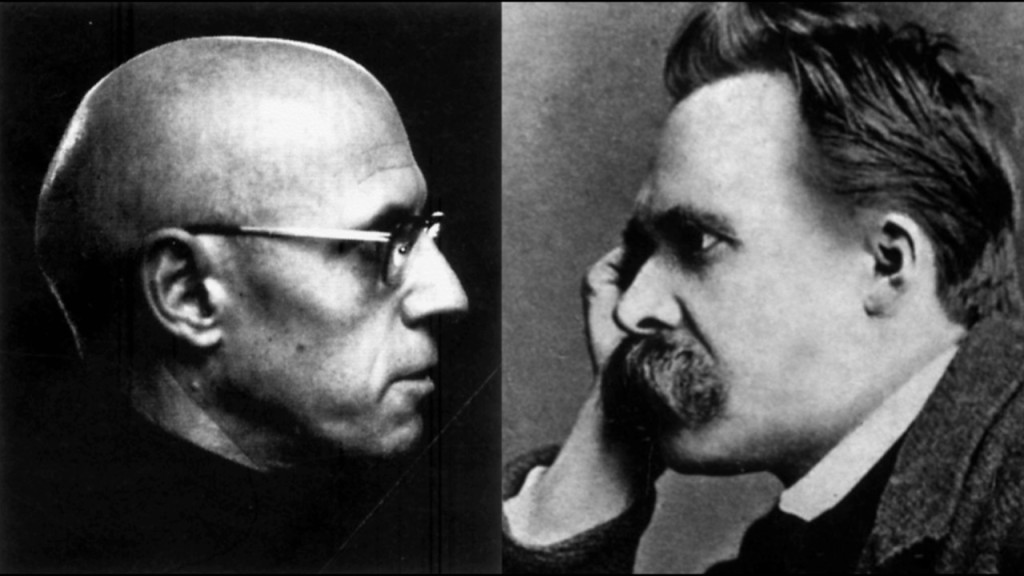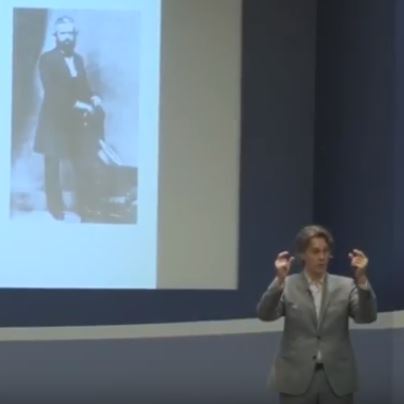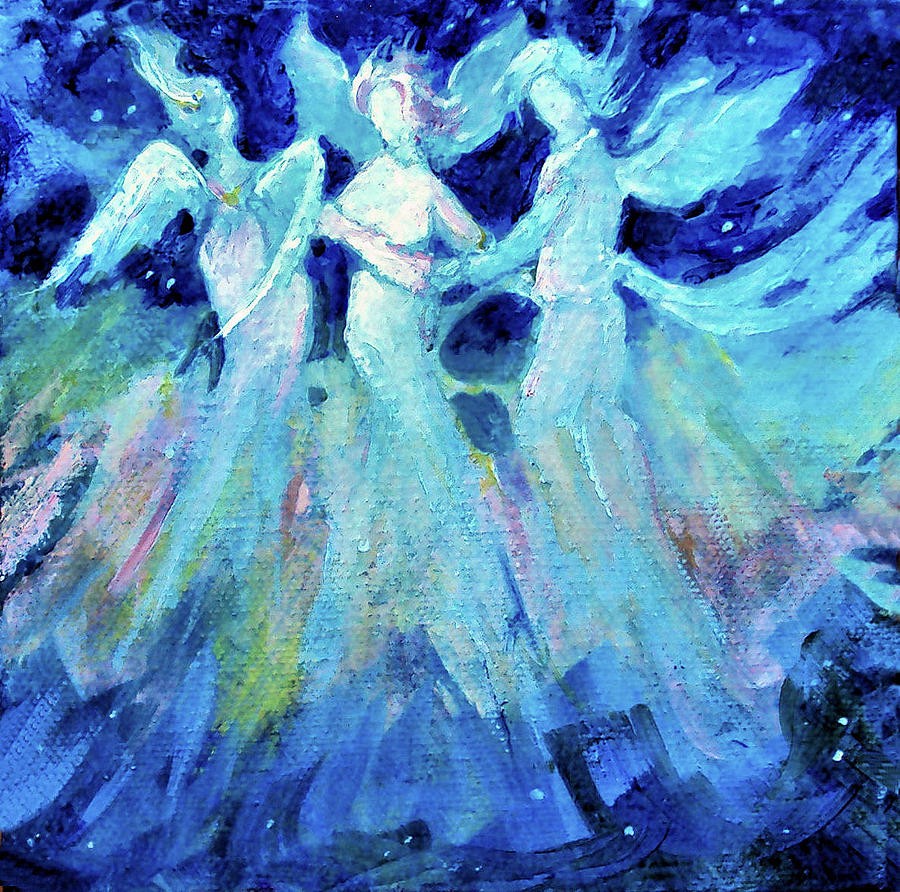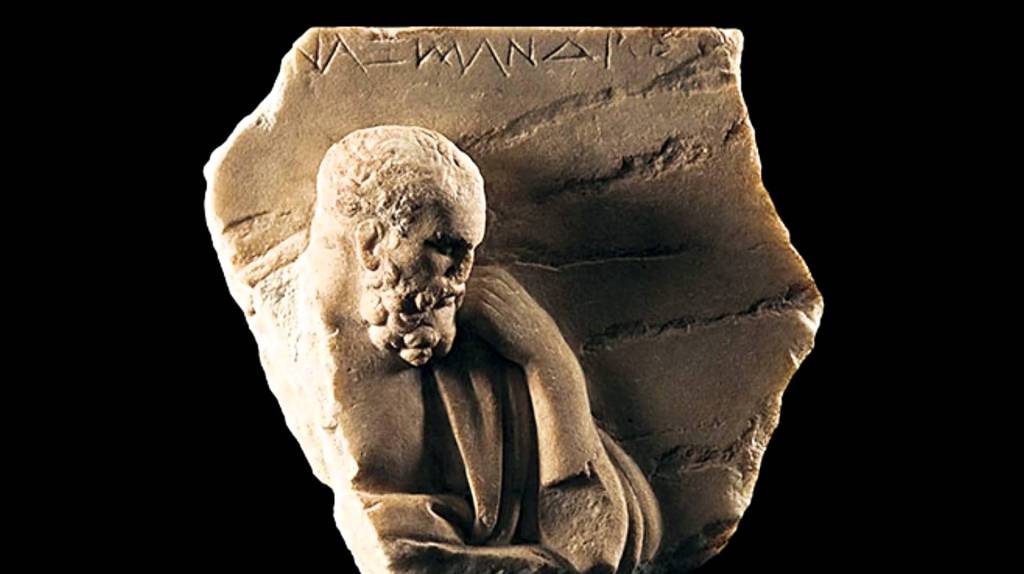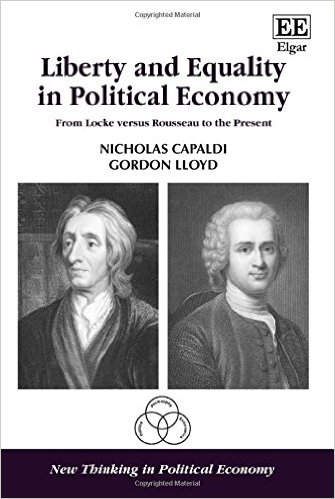Foucault as Nietzschean: on knowledge as injustice
Juxtaposing quotations from Michel Foucault (d. 1984) and Friedrich Nietzsche (d. 1900). First, here is Foucault: “All knowledge rests upon injustice; there is no right, not even in the act of knowing, to truth or a foundation for truth; and the instinct for knowledge is malicious (something murderous, opposed to the happiness of mankind).”[1] Friedrich […]
Foucault as Nietzschean: on knowledge as injustice Read More »
